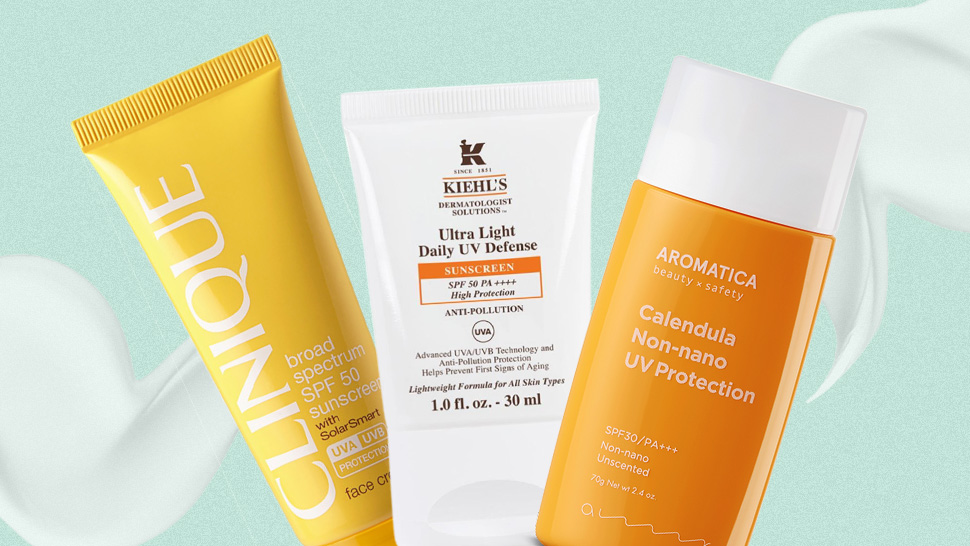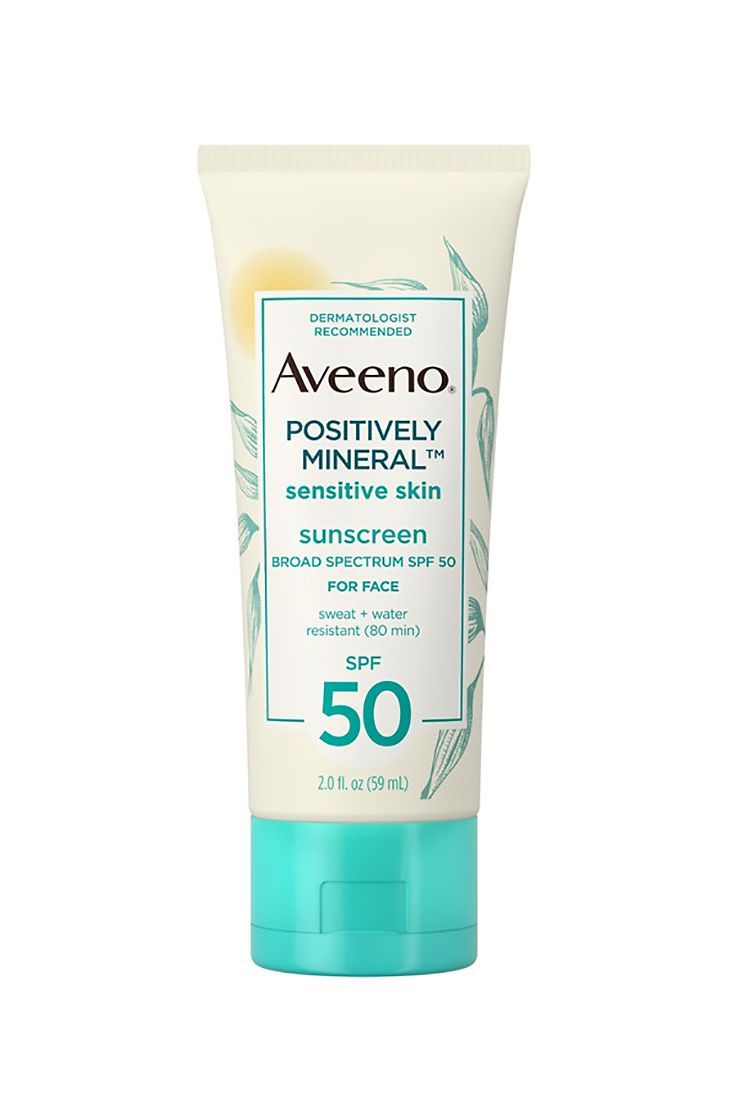

With the vast variety of sunscreens out there, each with varying SPF and ingredients, finding one that best suits your skin can be tricky. While sunscreen is one of the most important skincare products, finding sunscreens that suit different skin types can seem like a daunting task. Find Sunscreens for Sensitive Skin and Oily Skin at The Best Prices Sunscreen is essential for shielding your skin from the harsh rays of the sun all through the year, whether it is summer, winter, fall or spring. And if you thought that it is only meant for those hot, sweltering summer days, you are wrong. This is why it is crucial that you always have a sunscreen among your everyday essentials. Without it, you potentially expose your skin to often irreversible damage from sun exposure.

Sunscreen is that one step in your skincare routine that is best not skipped. At Sesha Skin Therapy, you can now find the best face sunscreen for oily skin as well as sensitive skin, formulated using ingredients that can protect and nourish your skin. And hopefully, you too are aware of the importance of applying a good sunscreen to maintain the overall health and appearance of your skin. “Physical sunscreens are a bit more stable, but are also a little more occlusive and can trap heat, so it may feel a little heavier than the chemical sunscreens.” With an extra emphasis on safety as we approach summer, here are 18 formulas that will help see you through the summer.Shop the Best Sunscreens for Oily and Sensitive SkinĪsk anyone with flawless skin about the biggest skincare trick they have up their sleeves, and chances are, sunscreen will be an almost unanimous answer. “Although both can be incredibly effective, chemical sunscreens can be somewhat more irritating to sensitive skin,” explains Dr. When it comes to choosing a formula, it’s important to consider the sensitivity of your skin, particularly when deciding between a chemical sunscreen and a physical sunscreen. “Always remember the sunscreen that you will use is the one that is going to be most effective!” Dr. Apply your sunscreen at least 20 minutes before you go outside, and remember: You need to reapply it every two hours, or sooner if you’re perspiring or swimming. Karen, emphasizing that SPF-laced makeup or facial moisturizer must be layered on top of a layer of sunscreen. “If you’ve been relying on your makeup for protection, that won’t fly anymore,” says Dr. The first step to ensuring you’re doing the utmost to safeguard your skin during this especially vulnerable time? Stock up on a broad-spectrum SPF of 30 or higher. “We don’t know why some people are more prone to this, but most people are likely to experience some form of increased sensitivity to sunlight after the wintertime.”

“It can manifest in different ways, but is typically a itchy red rash that appears on sun-exposed areas that have been recently exposed, typically at the beginning of summer,” explains Rachel Nazarian, MD, FAAD, at the Mount Sinai department of Dermatology. Moreover, there are specific skin reactions that can happen during early summer with the first exposure to ultraviolet radiation, such as polymorphous light eruption (or PMLE), a reaction of sun sensitivity that happens when our skin is not exposed to the sun for long periods of time. The sun is responsible for 90% of the visible changes we see within the skin that are often attributed to aging.”Īs if the most common science-backed truths are not enough of an impetus, let this sink in: “Fresh off of winter, our skin has diminished capacity to protect itself from damaging UV rays, which are becoming ever stronger,” explains Dr. “If that doesn’t convince someone to protect themselves, then we can rightfully appeal to their vanity. “We are increasingly seeing skin cancer in younger individuals,” cautions New York City dermatologist Julie Karen, MD. Year-round, SPF is the most effective way to shield skin from cancer-causing ultraviolet radiation, as well as premature aging, which is the primary cause of fine lines, deeper wrinkles, blotchiness, discoloration, and textural abnormalities. As warmer, sunnier days descend, it’s only natural to want to find the best sunscreen for face protection.


 0 kommentar(er)
0 kommentar(er)
